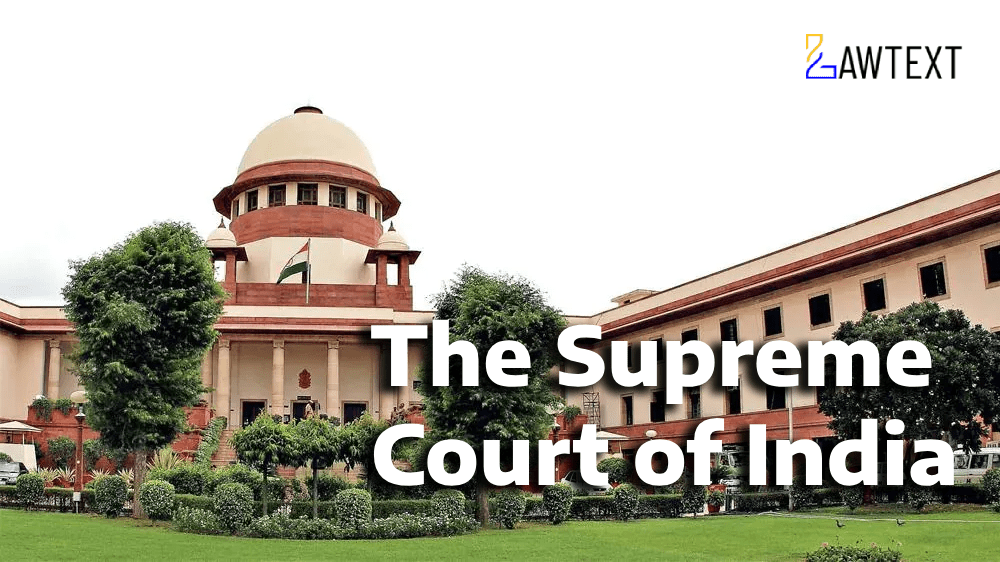

The Supreme Court of India reversed the conviction of the appellant under Section 353 of the Indian Penal Code (IPC), which pertains to the use of criminal force to deter a public servant from discharging their duties. The appellant, initially convicted by the Special Judge, Sagar, and the Madhya Pradesh High Court, was accused of assaulting members of a trap party during a bribery investigation. However, the Supreme Court found that the evidence presented by the prosecution did not meet the necessary legal standards to sustain the conviction. The Court emphasized the need for clear proof of the use of criminal force or assault, which was lacking in this case, leading to the appellant's acquittal.
The Supreme Court of India in Criminal Appeal No. 520 of 2012 reviewed the conviction of Mahendra Kumar Sonker under Section 353 IPC. The case arose from a corruption investigation where the appellant was accused of using criminal force against a trap party attempting to apprehend him.
The appellant, a Patwari in Madhya Pradesh, was accused of demanding a bribe from Babulal Ahirwar, who subsequently lodged a complaint leading to a trap by the Special Police Establishment Lokayukt. During the trap, it was alleged that the appellant, along with his wife, resisted the authorities, leading to his conviction under Section 353 IPC.
The key issue before the Supreme Court was whether the appellant's actions constituted an offense under Section 353 IPC. The appellant's counsel argued that the evidence was insufficient to establish the necessary ingredients of the offense, particularly the intentional use of criminal force against the public servants involved in the trap.
The Court analyzed the testimonies of the prosecution witnesses and the documentary evidence. It found discrepancies and a lack of concrete proof that the appellant had indeed used force to deter the public servants from performing their duties. The Court noted that while there was an altercation, the evidence did not convincingly demonstrate an assault or criminal force as defined under the IPC.
The Supreme Court concluded that the conviction under Section 353 IPC was not sustainable based on the evidence provided. The Court emphasized that mere resistance or altercation, without clear proof of force or assault, does not fulfill the criteria for a conviction under this section. Consequently, the appellant was acquitted of the charges.
This judgment underscores the importance of rigorous evidence in criminal prosecutions, particularly in cases involving allegations of obstructing public servants. The decision reaffirms the principle that convictions must be based on clear and unequivocal proof of all elements of the alleged offense.
Citation: 2024 LawText (SC) (8) 121
Case Number: CRIMINAL APPEAL NO. 520 OF 2012
Date of Decision: 2024-08-12
Case Title: MAHENDRA KUMAR SONKER VERSUS THE STATE OF MADHYA PRADESH
Before Judge: [B.R. GAVAI J. , K. V. VISWANATHAN J. , NONGMEIKAPAM KOTISWAR SINGH J.]
Advocate(s): SENTHIL JAGADEESAN , MISHRA SAURABH
Appellant: MAHENDRA KUMAR SONKER
Respondent: THE STATE OF MADHYA PRADESH